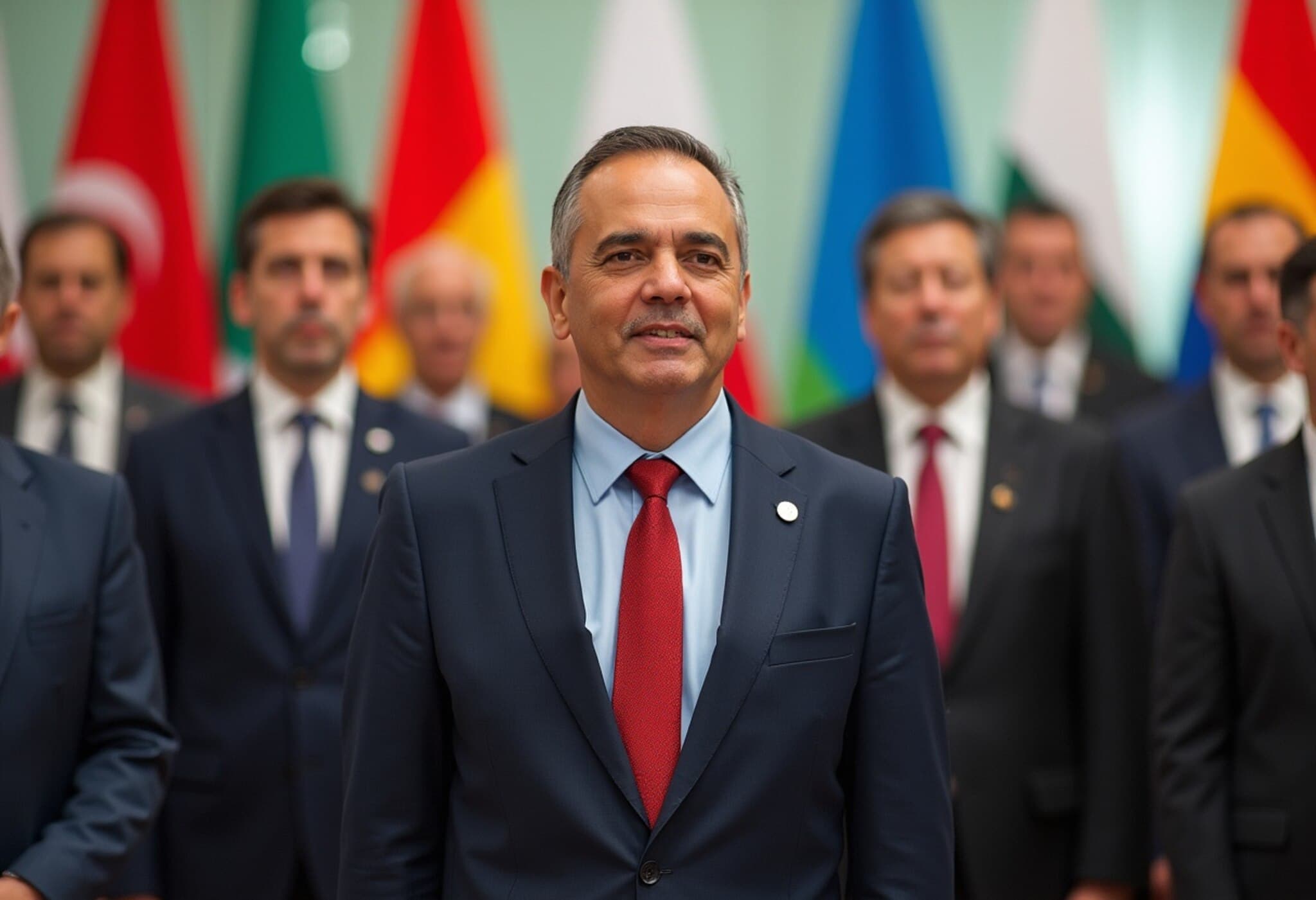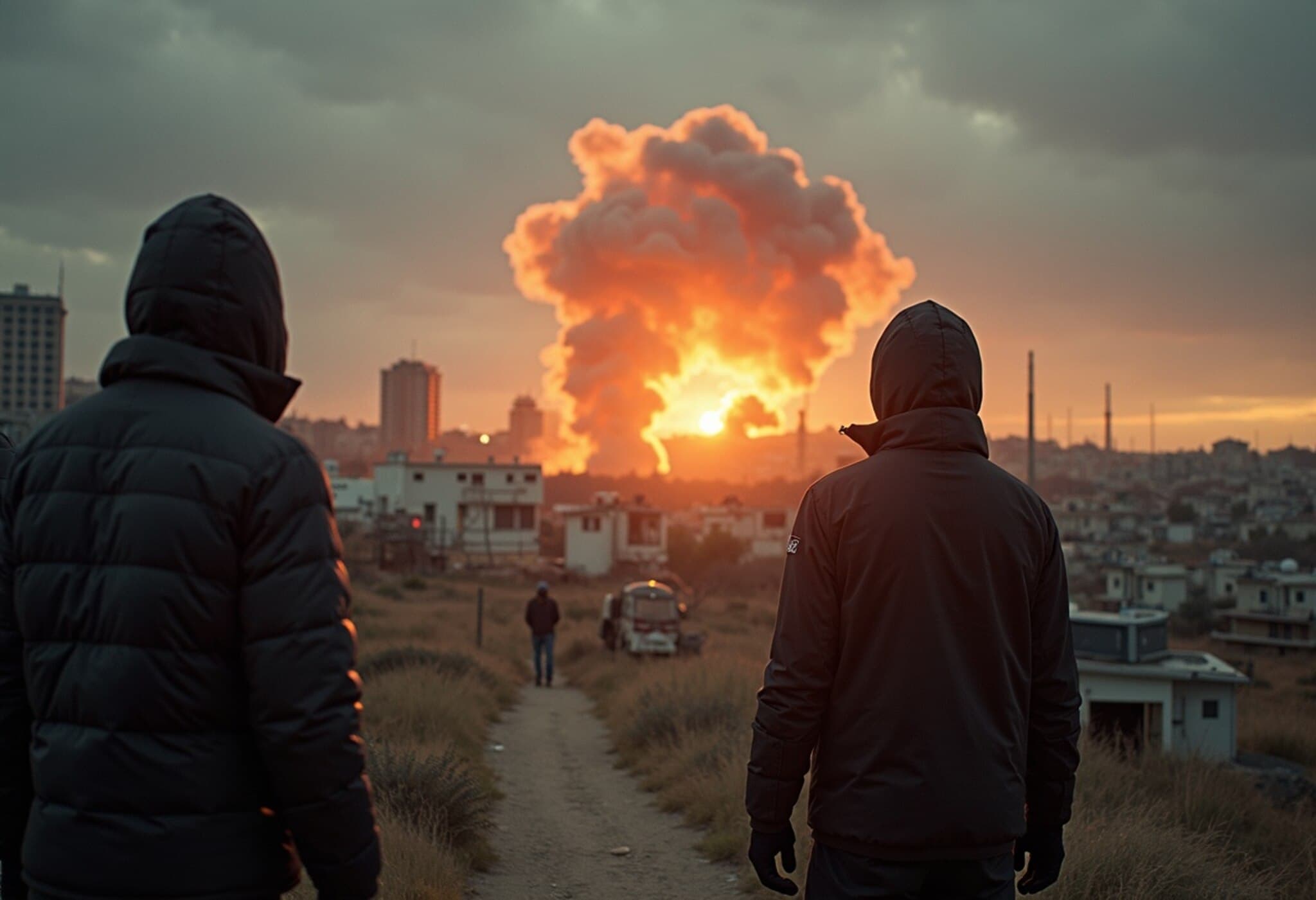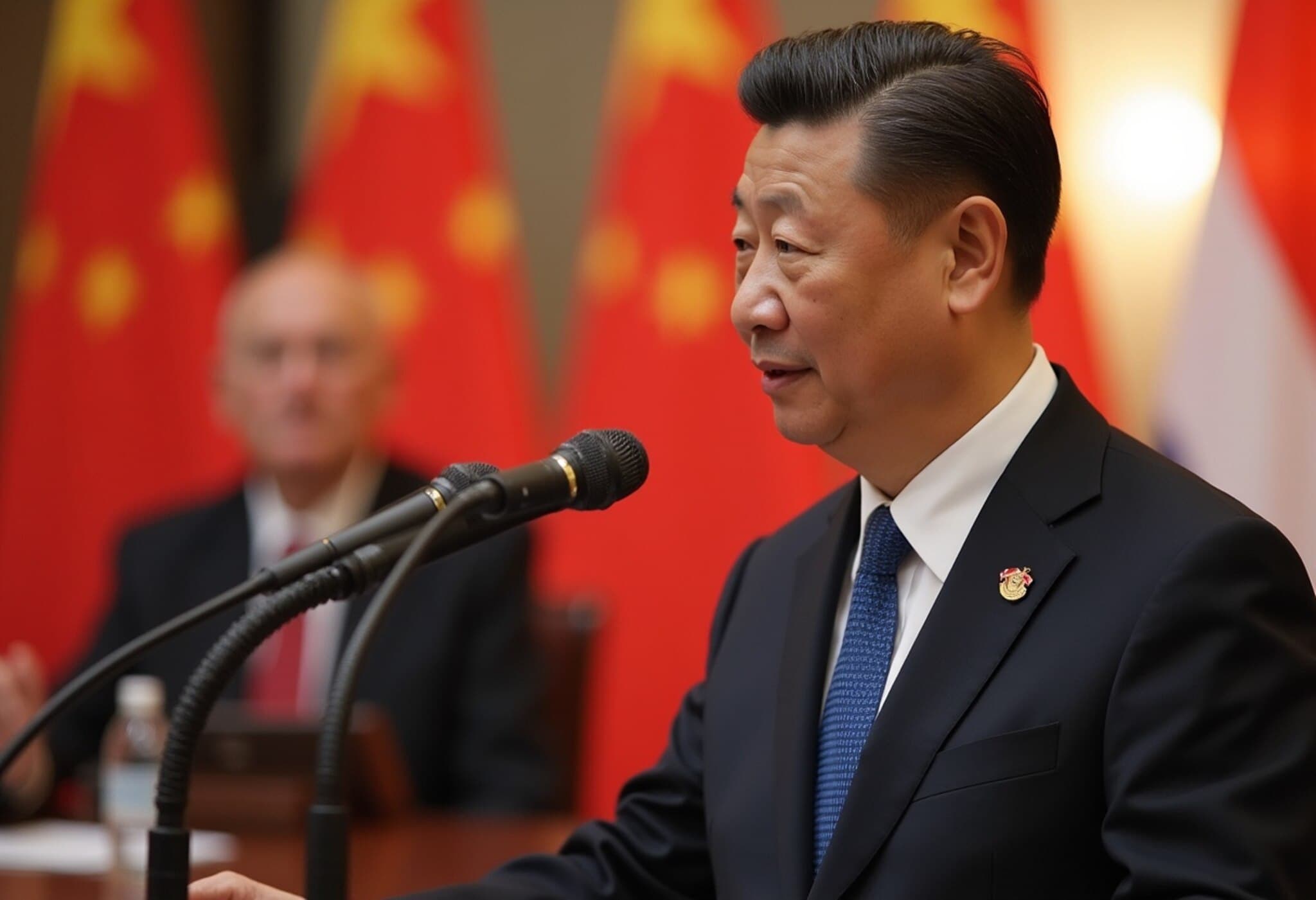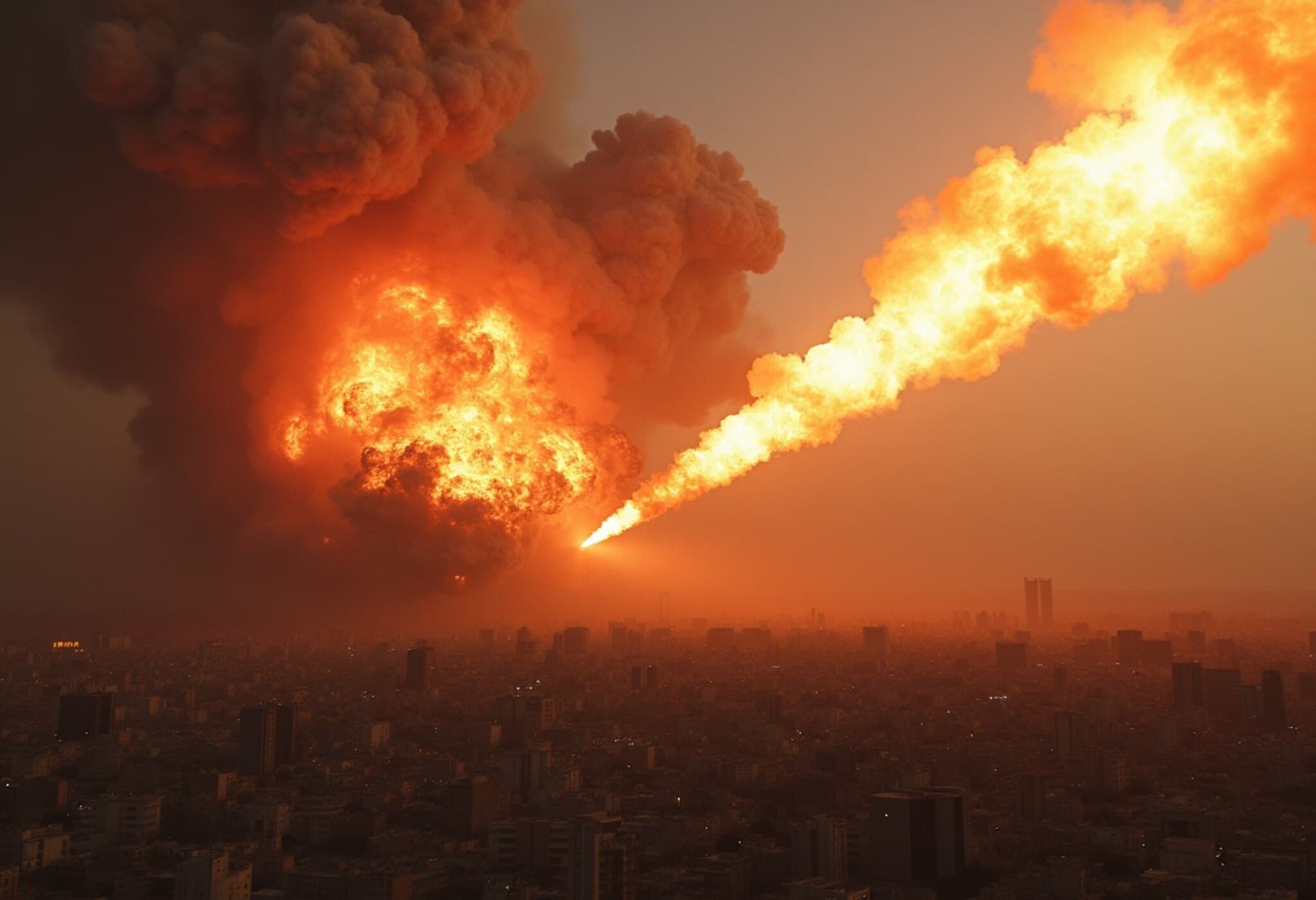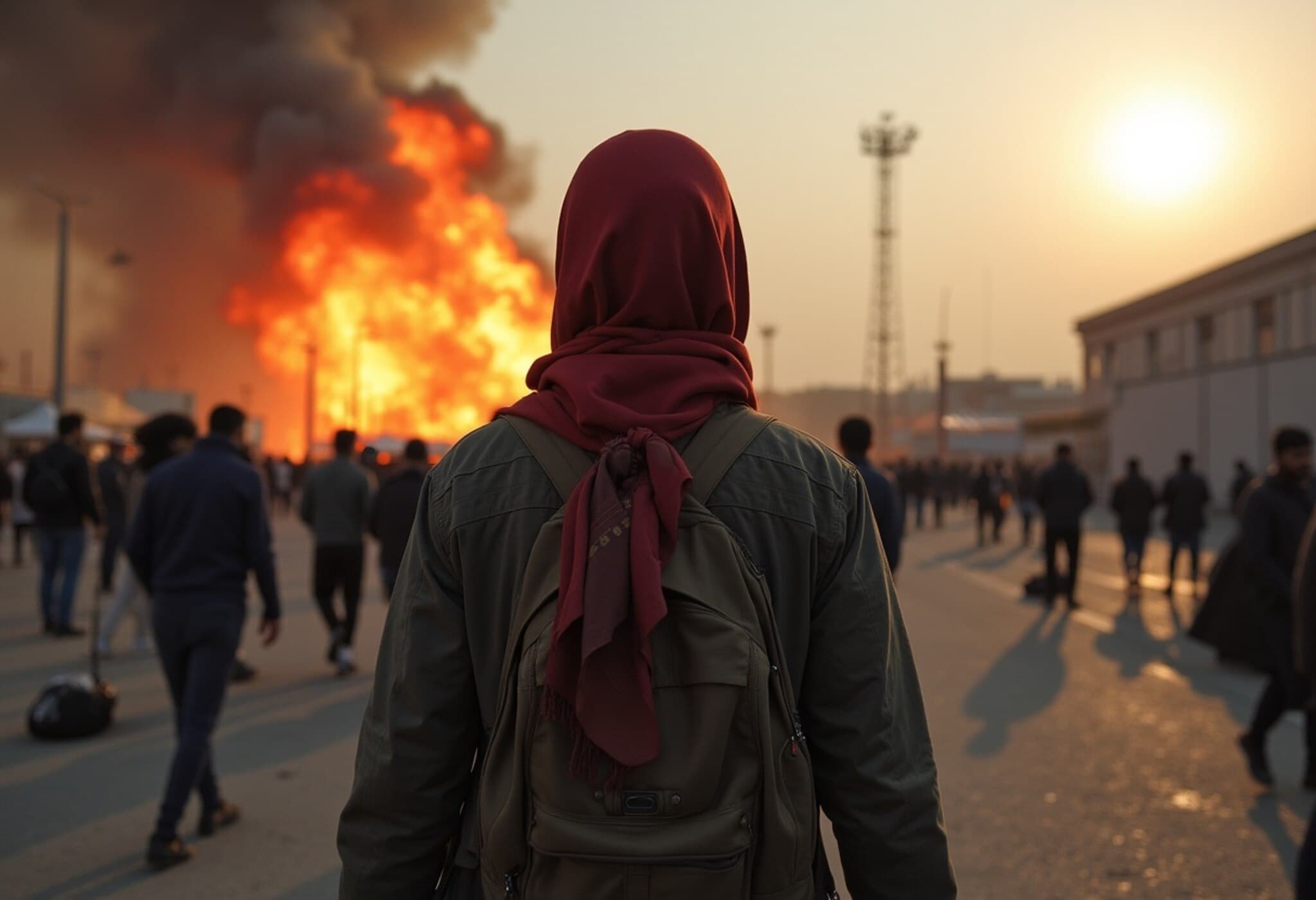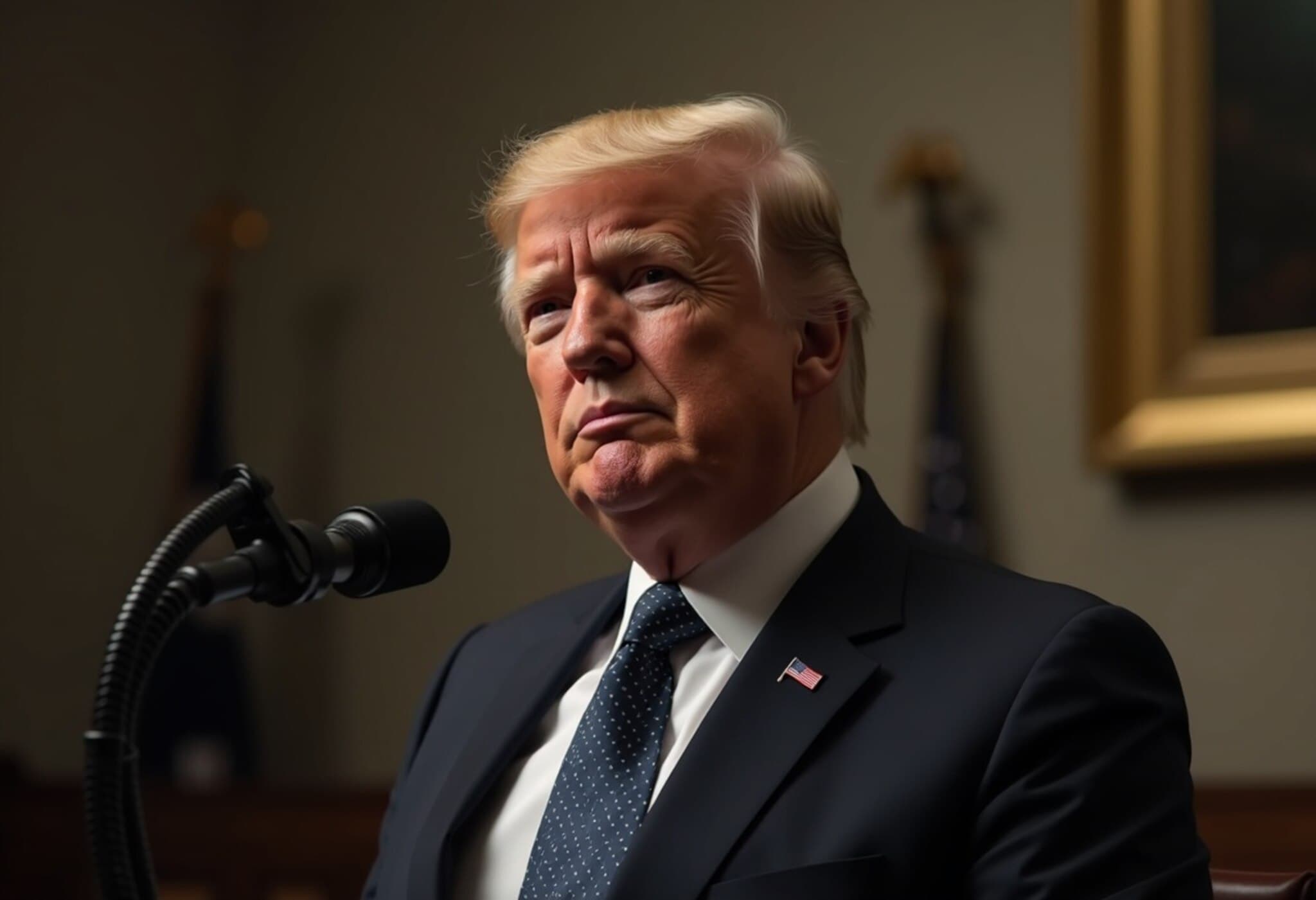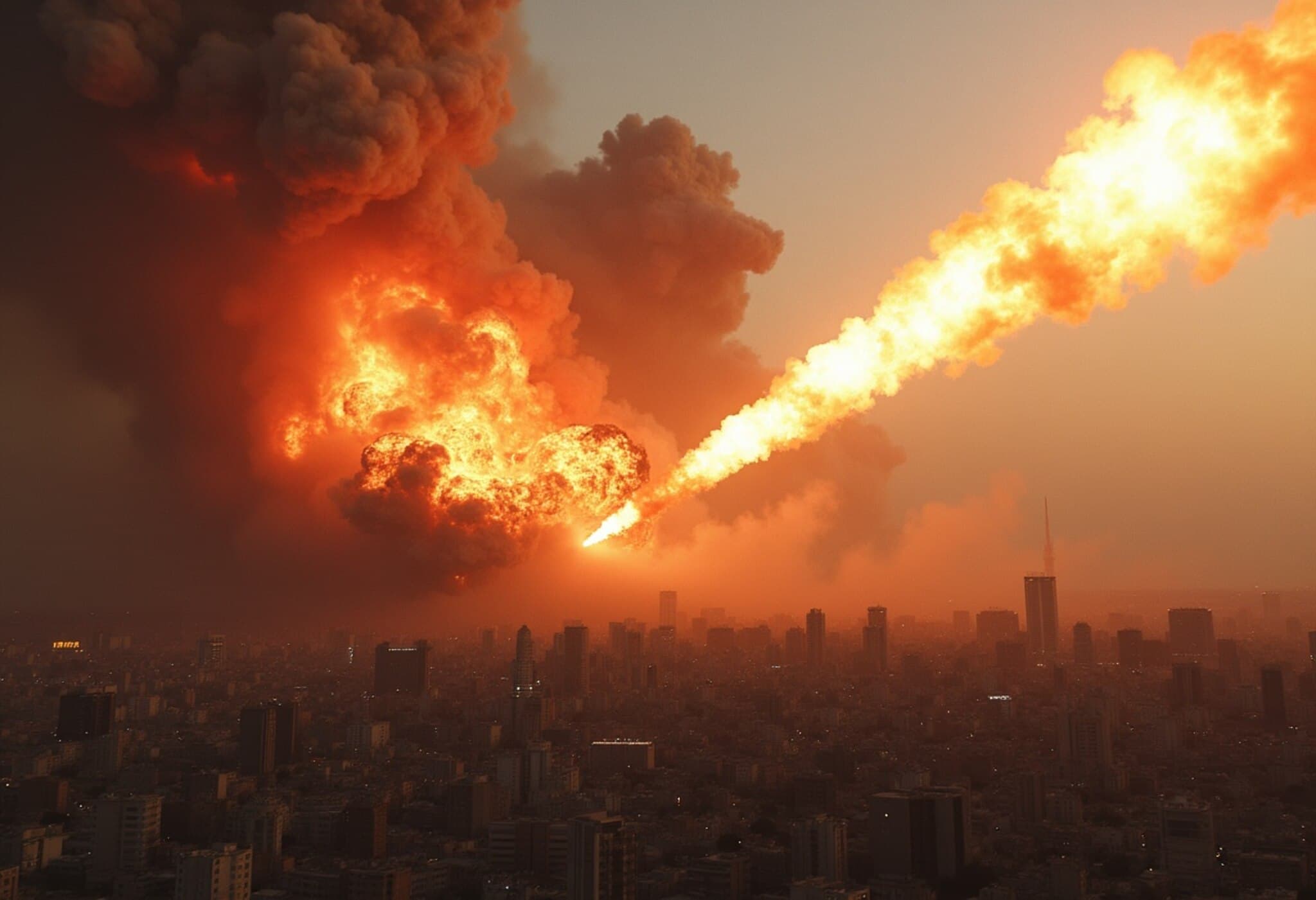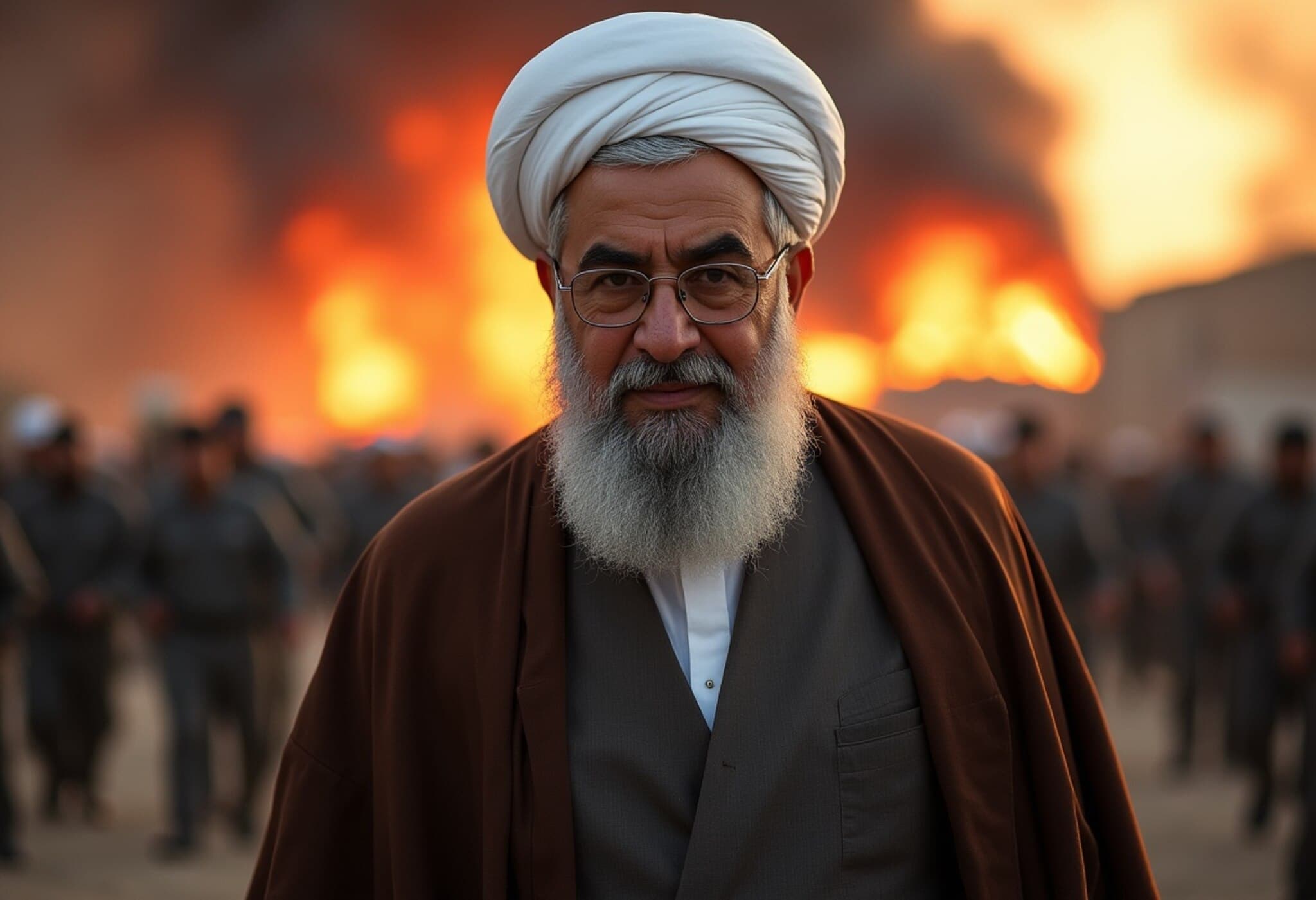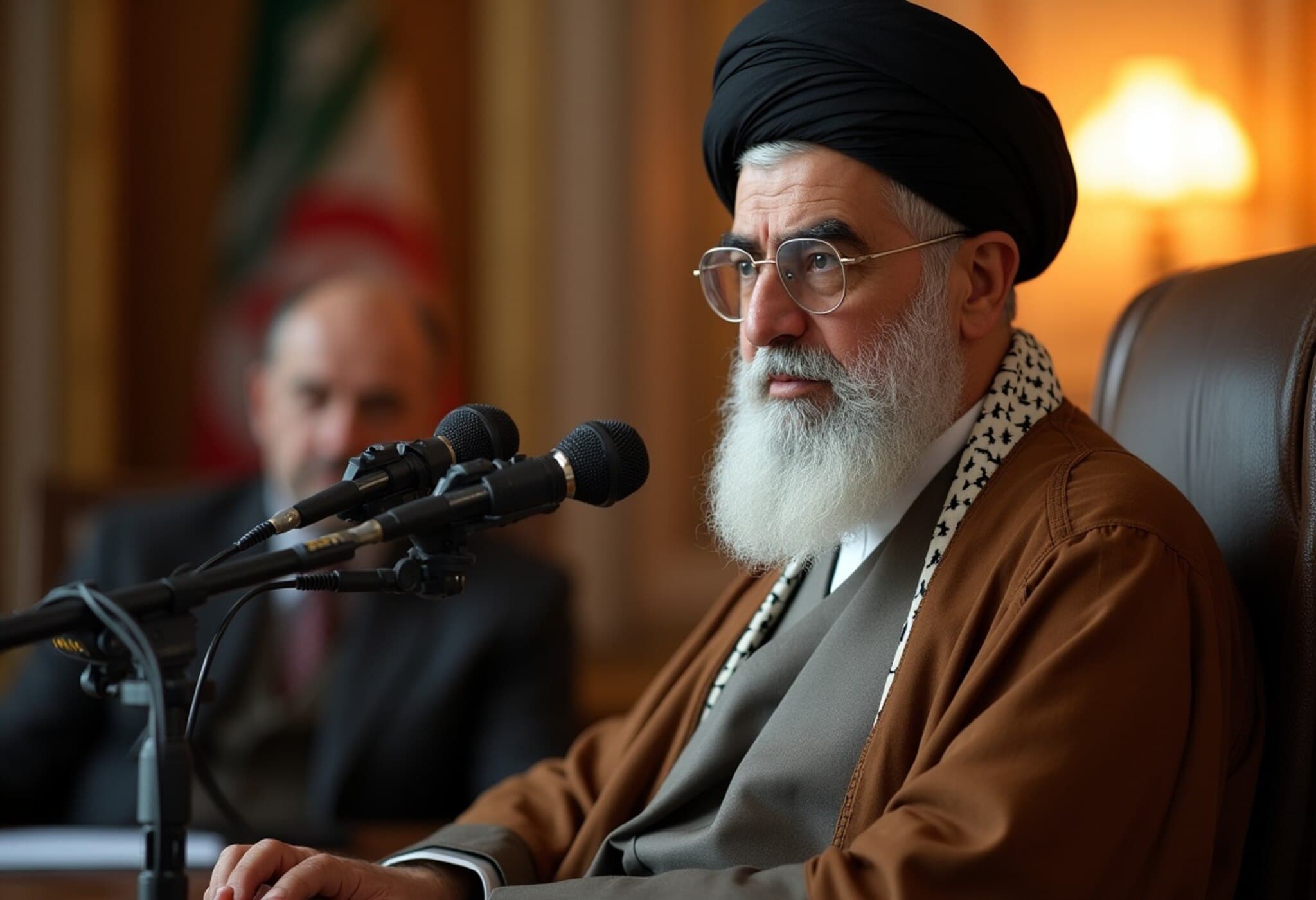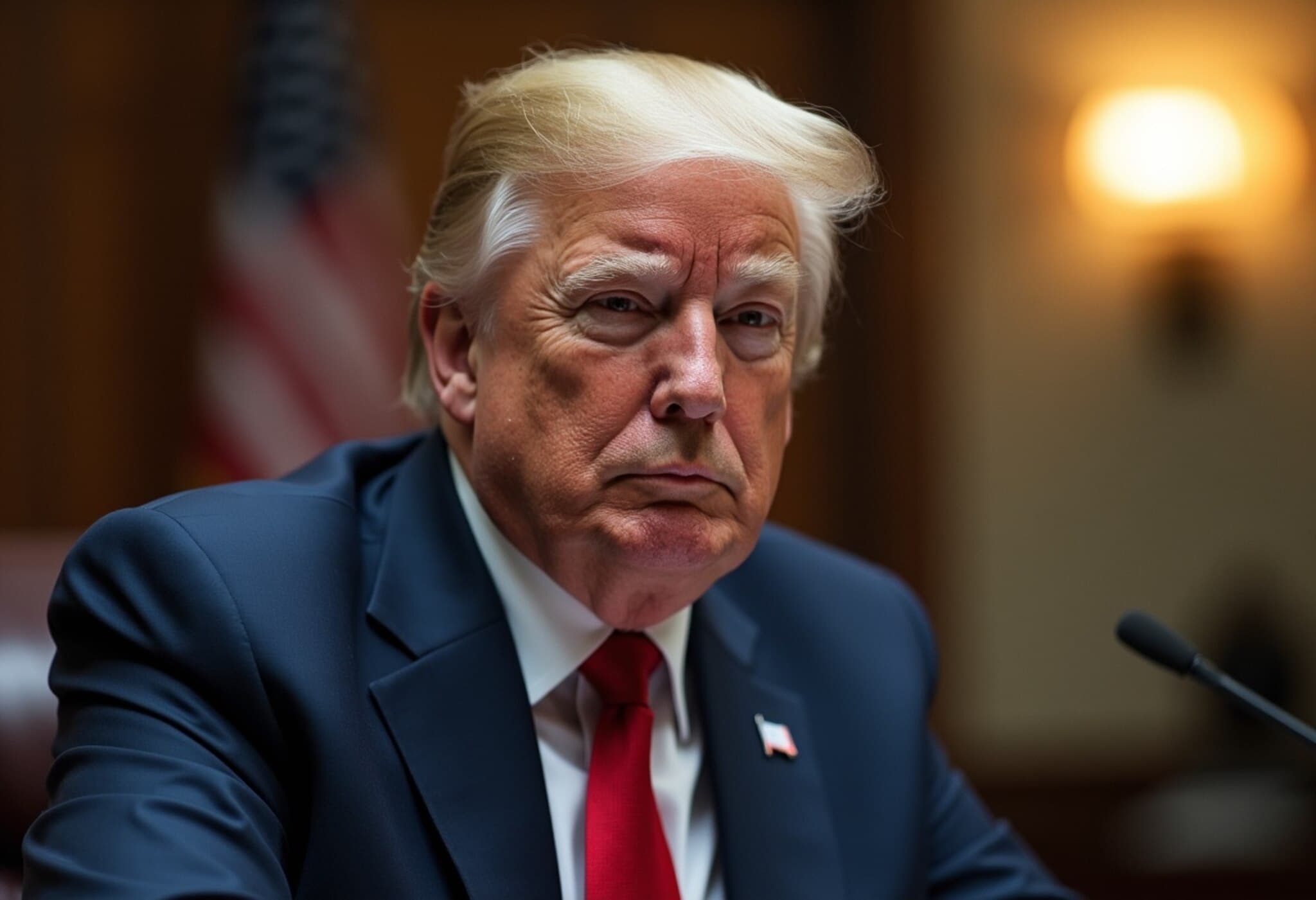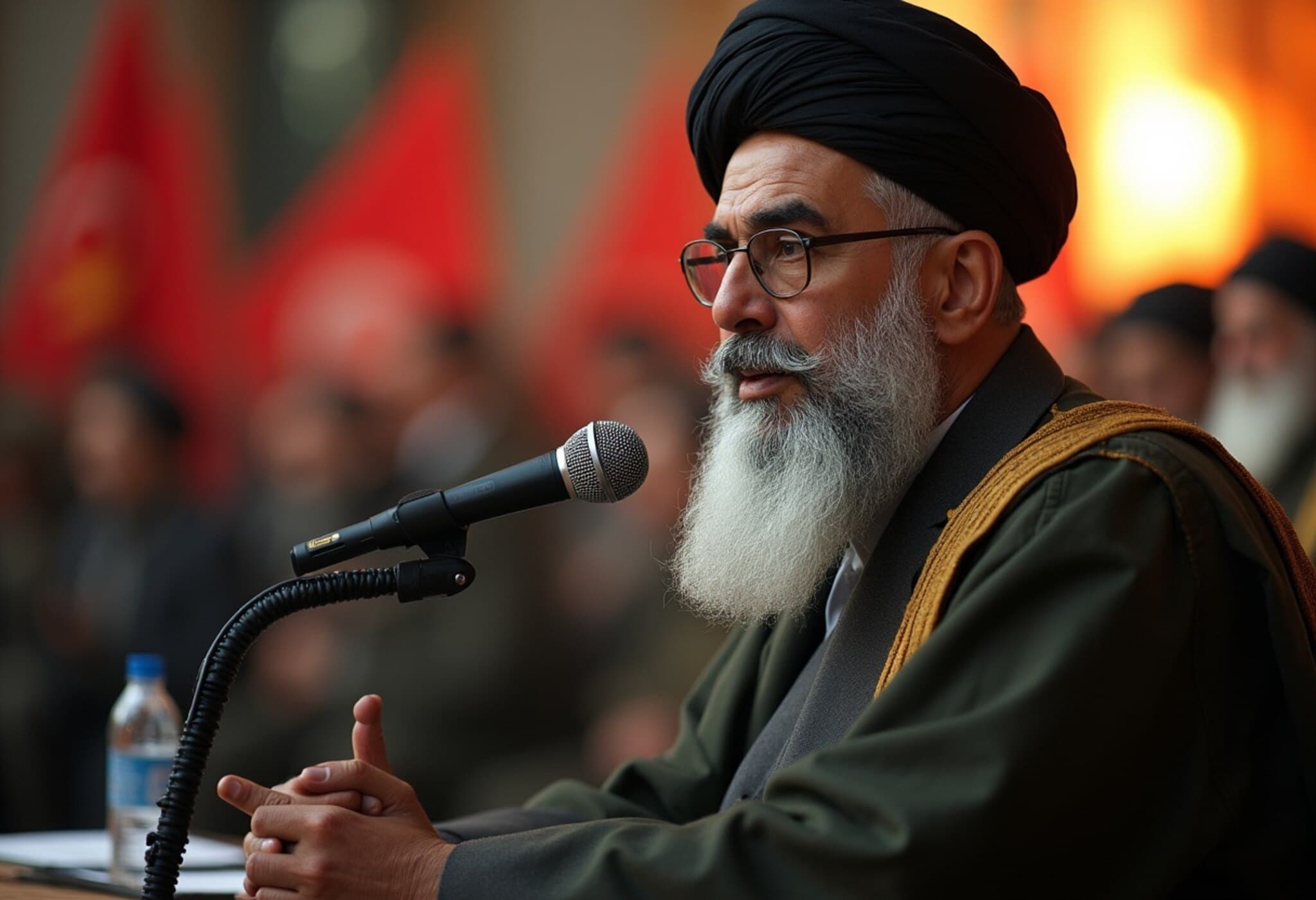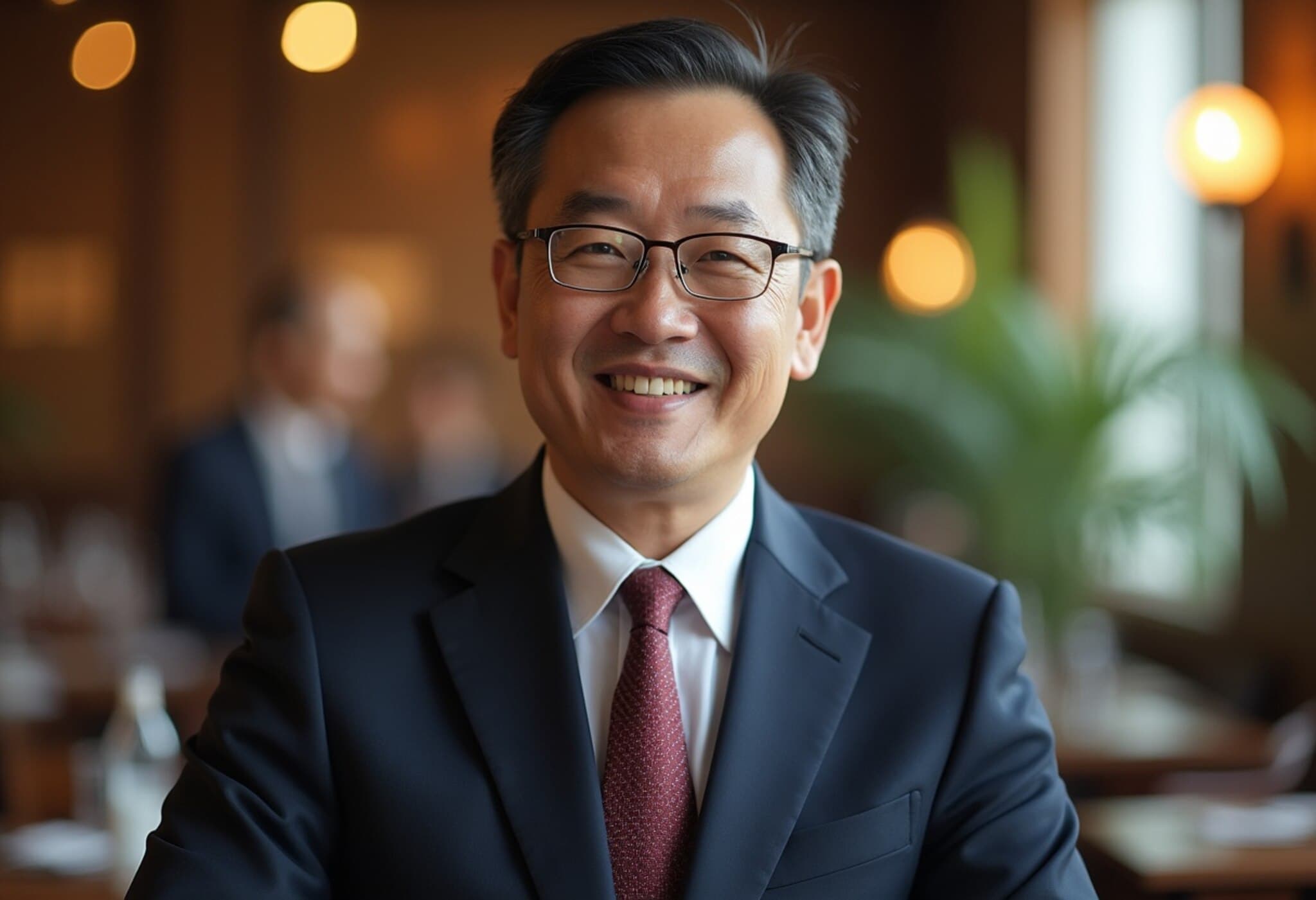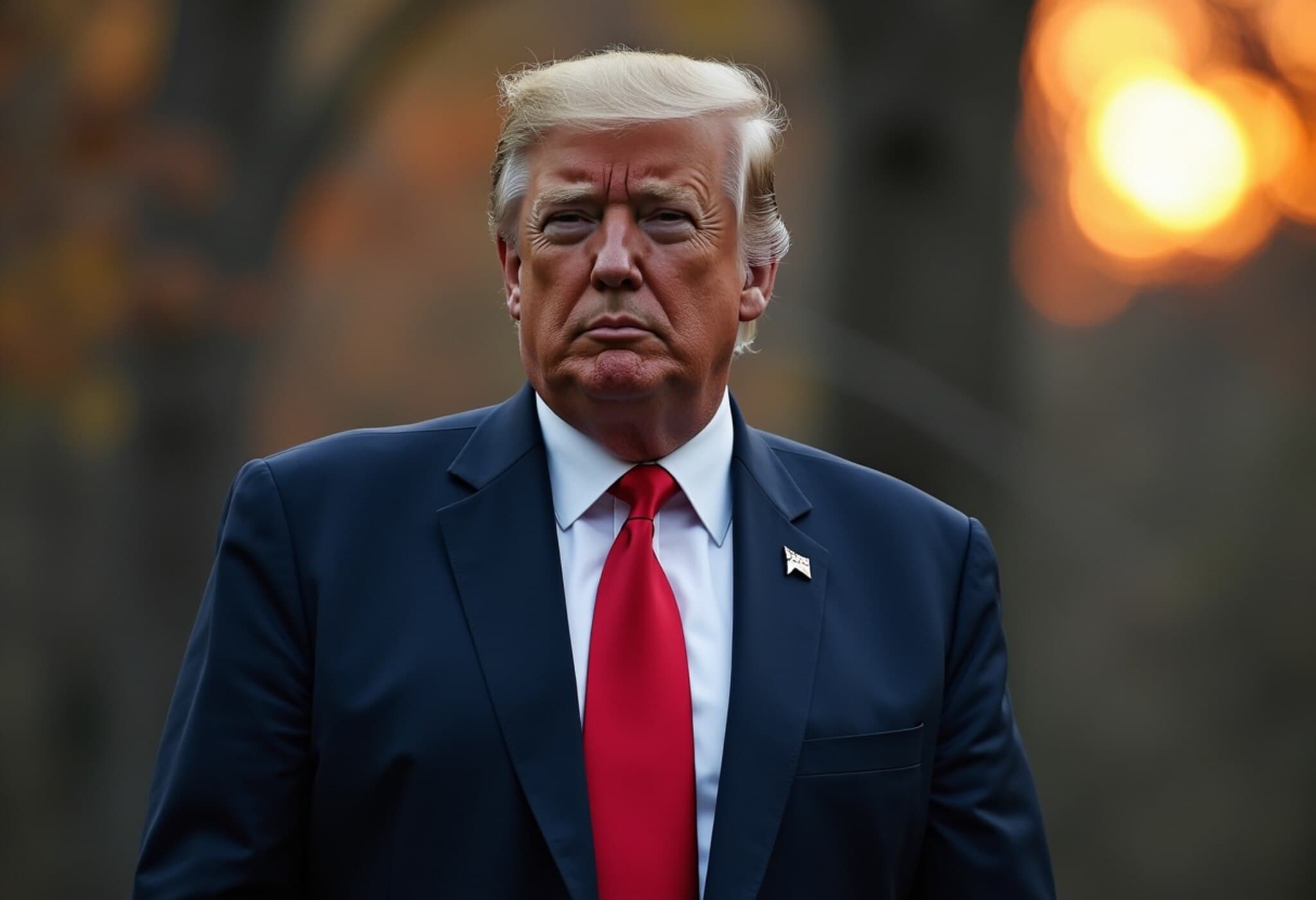Iran Admits Significant Damage to Nuclear Infrastructure Following US Strikes
In a rare moment of candor, Iranian Foreign Minister Abbas Araghchi acknowledged on July 21, 2025, that last month’s US missile strikes inflicted serious damage on Iran’s nuclear facilities, bringing uranium enrichment activities to a halt. Speaking on Fox News' Special Report, Araghchi revealed that the targeted attacks on June 22 under President Donald Trump’s orders destroyed key sites integral to the program.
“Our facilities have been damaged, seriously damaged, the extent of which is now under evaluation,” Araghchi told host Bret Baier. “The facilities have been destroyed.” This admission marks a stark departure from usual Iranian rhetoric that downplays the impact of foreign military actions on its strategic assets.
Trump Claims Vindication and Demands Apology from CNN
President Trump seized on the foreign minister’s statement to assert that US military efforts were both justified and effective. Posting on his social media platform Truth Social, he declared, “Iran’s Foreign Minister, Abbas Araghchi, on the Iran Nuclear Sites: ‘Damages are very severe, they are destroyed.’ Of course they are, just like I said, and we will do it again, if necessary!”
Trump further targeted CNN, accusing the network of minimizing the strike’s success and demanding an apology to himself and the pilots involved in the operation. “Fake News CNN should immediately fire their phony ‘reporter’ and apologize to me and the great pilots who ‘OBLITERATED’ Iran’s nuclear sites,” he wrote, underscoring ongoing tensions between his administration and mainstream media outlets.
Iran’s Resolve to Rebuild and Continue Nuclear Ambitions
Despite the setbacks, Tehran remains unwavering in its commitment to its nuclear program, which it insists is aimed at peaceful purposes. Araghchi emphasized that while uranium refining has temporarily stopped, rebuilding efforts are underway: “Buildings can be rebuilt. Facilities can be rebuilt. Machines can be replaced. The technology is there.”
The minister framed the nuclear program as a critical aspect of national pride and scientific achievement, asserting that any future agreement limiting uranium enrichment would be unacceptable. “It is now stopped because, yes, damages are serious and severe, but obviously we cannot give up our enrichment,” he stated. Araghchi also articulated that “depriving Iran from its rights, including the right of enrichment, is a matter of dignity for the Iranian people.”
Political and Regional Implications
Araghchi pushed back against suggestions that Iran would scale down its ballistic missile arsenal or reduce support for allied groups like Hamas, Hezbollah, and the Houthis, characterizing them as fighting for just causes. He described Iran’s missile program as its “most reliable means of defense,” rhetorically asking, “How can we disarm ourselves?”
While ruling out direct talks with the Trump administration for now, Araghchi left a sliver of possibility for diplomacy should the U.S. approach with a genuine desire for a “win-win solution.”
Expert Analysis: What This Means for US-Iran Relations and Global Security
The explicit admission of damage by Iran adds new weight to the impact of the June strikes, potentially reshaping the geopolitical landscape. From a US policy perspective, this may embolden calls for a more assertive stance against Iran’s nuclear program, particularly in the lead-up to international negotiations.
However, the firm Iranian stance on enrichment rights and missile programs signals that any diplomatic breakthrough will require significant concessions from both sides, likely necessitating innovative approaches that go beyond traditional nuclear agreements. Furthermore, Iran’s framing of nuclear development as a symbol of national dignity suggests future conflicts over nuclear policy will entwine technical issues with deeply rooted identity politics, complicating resolution efforts.
Underreported Dimensions
- The operational status of Iran’s enriched uranium stockpile remains unclear. This opacity contributes to global uncertainty about Tehran’s nuclear capabilities and timelines.
- Tehran’s support for regional proxy groups is firmly maintained, ensuring continued involvement in Middle Eastern conflicts.
- The strike underscores growing U.S. reliance on targeted military interventions as instruments of foreign policy amid stalled diplomatic efforts.
Looking Ahead
As Iran commits to rebuilding and continuing its nuclear program, the international community faces a complex challenge balancing enforcement of non-proliferation norms with geopolitical realities. The evolving US-Iran dynamics reveal the limits of military action alone in addressing deep-rooted security concerns. Diplomats, policymakers, and experts alike will need to navigate a nuanced path forward that respects national pride, regional security, and global non-proliferation goals.



